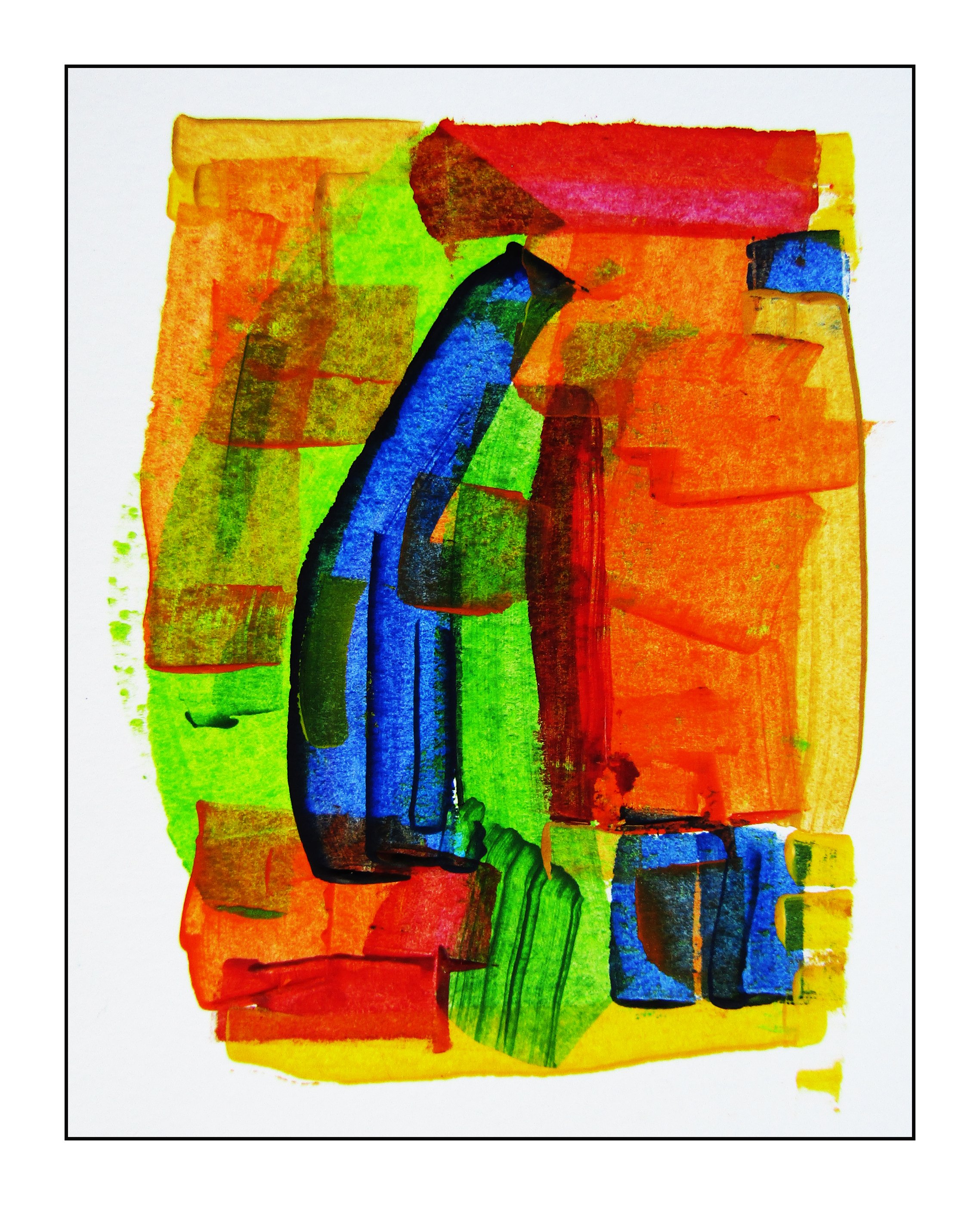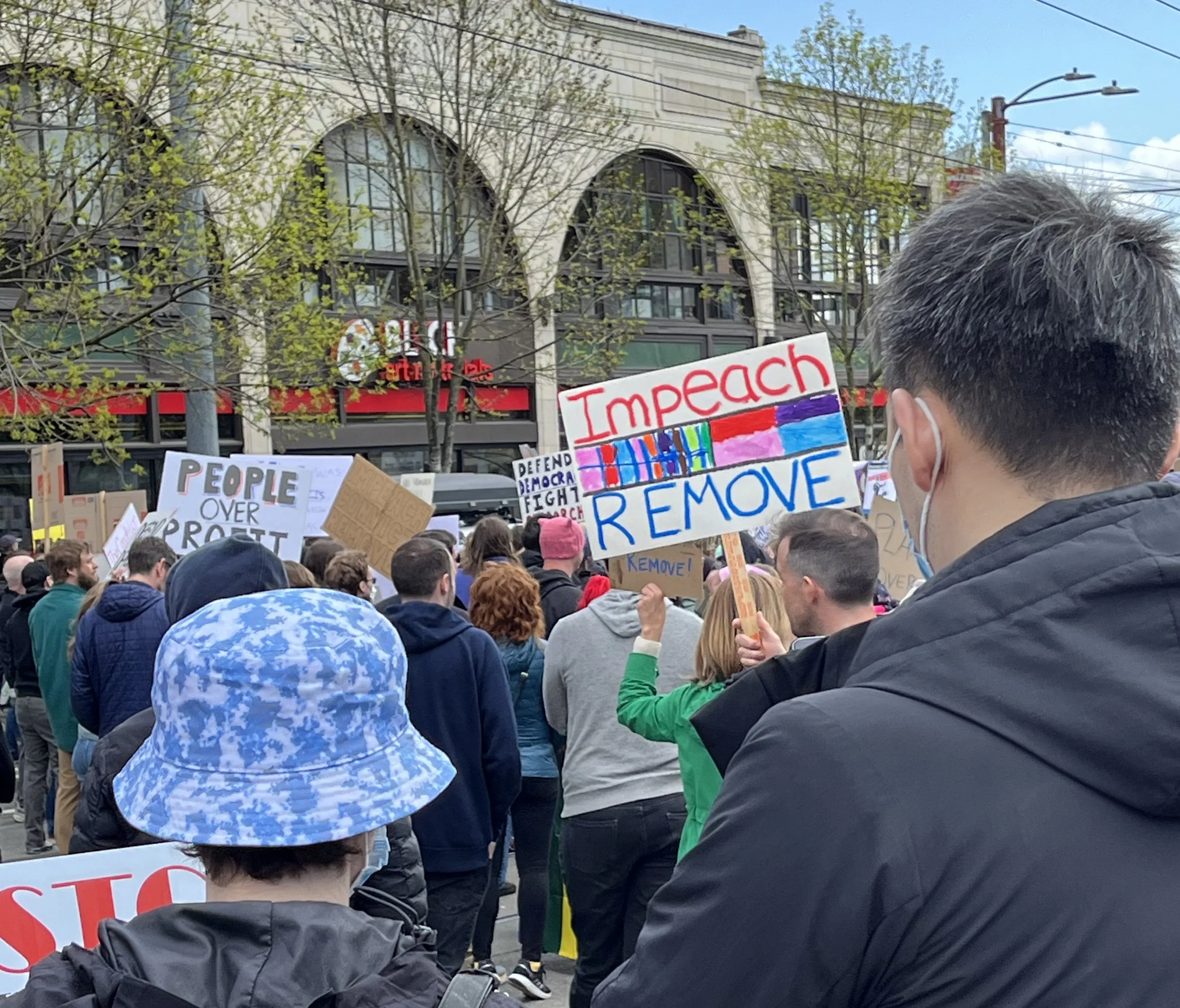A magazine focusing on the intersection of art and action
to create greater social, racial and economic justice
"We publish intermittently,
the artwork you send us,
that resonates with our mission."
“please, please, please I can't breathe” - Last words of George Floyd
“We can try to make it so everyone can breathe“ - Koon Woon - Co-founder of Breathe
We are grateful to all these contributors to our 2025 issues.
You are the very heart and soul of Breathe!
We are an artistic community that recognizes the intersectionality of all injustices
and believes that art is essential to social change and more justice.
Click Here to Read All Posts in 2025
A column for you to share the actions you are taking to resist the erosion of our democratic institutions and practices and the rise of authoritarianism. We hope that sharing your stories will provide ideas and inspiration for others to take whatever action they are willing and able to take. Every individual action we take is part of a broad collective effort for justice. Please keep your stories to 150 words max and email to breatheeveryone@gmail.com. Feel free to include a photo of the action taken if appropriate.

Easement Watercolor by Michael Moreth

New Language by Lew Jones

AccomplishedWatercolor by Michael Moreth

Social Metaphor by Lew Jones

AccomplishedWatercolor by Michael Moreth

'Hard Work and Good Intentions' by Lew Jones










By Phillip Shabazz
The night she served us cereal for dinner because the gas was cut off,
she lit candles like it was a birthday party. Said grace over Cheerios.
We believed her when she called it a feast. Seven of us around
that table, bowls chipped at the rim, milk stretched thin with water,
and she sat there smiling like she'd pulled off a miracle. Maybe she had.